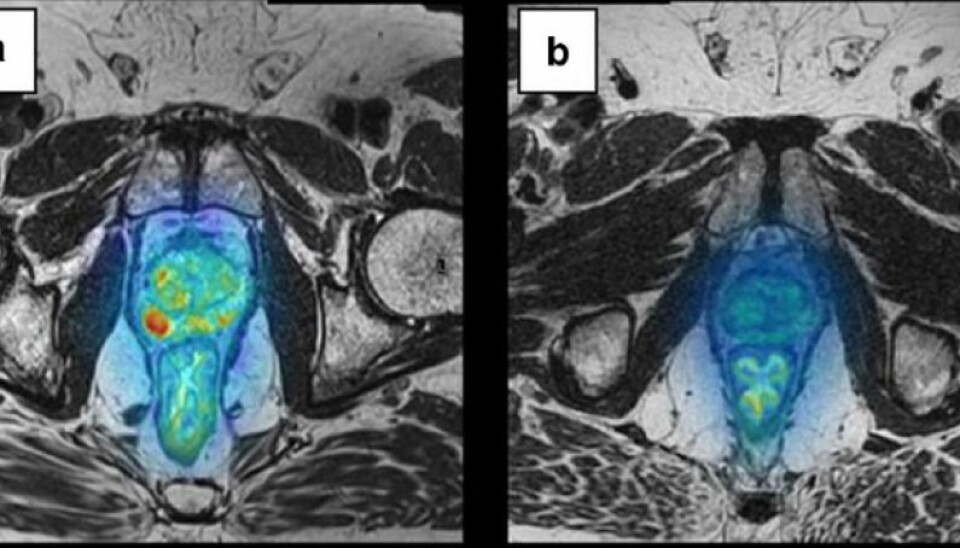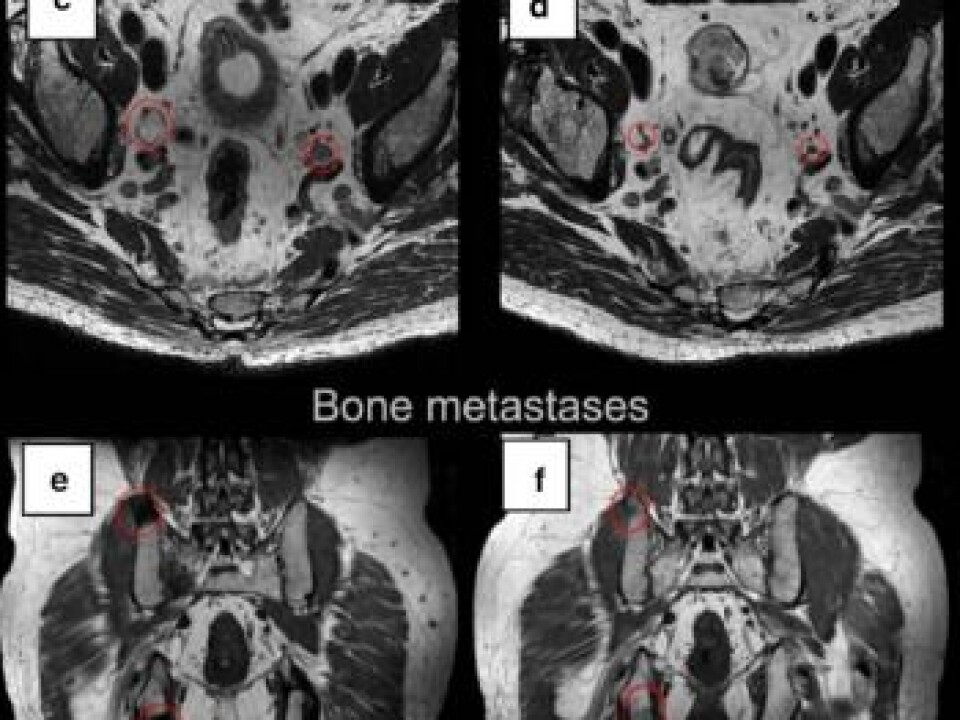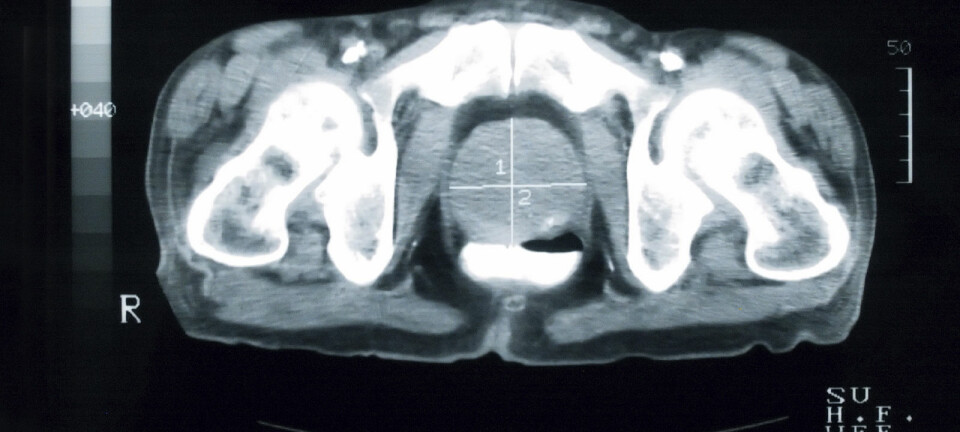
Norwegian vaccine against prostate cancer shows promising results
A vaccine developed in Norway stimulates the immune system to curb prostate cancer and has given results among nearly 90 percent of the participants.
Thus the vaccine appears to provide about as much protection as influenza vaccines, according to chief physician Wolfgang Lilleby at the Norwegian Radium Hospital, who led the study.
He and colleagues started testing the vaccine in 2013 and the first results have now been published in the journal Cancer Immunology, Immunotherapy.
The immunotherapy trial was made with 21 patients soon after they were diagnosed with prostate cancer that had metastasised, in other words spread.
Too early to say how much it prolongs life
After nine months of tests, 17 of the participants had a clinically stable condition, which is to say that their cancer had stopped spreading.

A reduction of a specific protein in the blood linked to cancer was seen among 16 of the participants and the tumours shrunk among ten. But the tumours kept growing in five of the participants and these were given new doses of hormone treatment and radiation therapy.
“It’s too early to determine the number in which the disease has halted. But the results are positive,” says Lilleby.
Patients with this cancer in this phase usually live for an average of another 3.5 years. The medical researchers hope the vaccine can help delay relapses and thus prolong the patients’ lives.
Few side-effects
The goal of the study was to chart the side-effects and calculate proper dosages. All the patients were also given standard hormone therapy and radiotherapy.
The patients were split into three groups which received different doses of the vaccine which aims to stimulate immune cells. This enabled the researchers to see which doses worked the best with regard to minimizing side-effects.
“A middle-range dose gave the best results,” says Lilleby.
A common side-effect is skin itchiness around the spot where the vaccine was given. Many also had problems with dizziness, fatigue, diarrhoea and a more frequent need to urinate. Such problems were the most evident among those receiving the higher doses.
Three of the participants suffered allergic reactions, including a drop in blood pressure. This was unexpected, but the researchers said the problem was manageable.
They believe they are on track to finding out why these adverse effects occurred. That information will enable them to spot vulnerable patients beforehand.
Despite its drawbacks, the researchers claim the vaccine is gentler than chemotherapy and other types of immune therapy.
Attacks cancer-friendly cells
The vaccine is said to work by stimulating the immune defence to attack cells containing a particular enzyme. This is an enzyme that help cancer cells divide and multiply.
“The study indicates that prostate cancer is a disease that is affected by the patients’ altered immune defence,” says Lilleby.
The vaccine is also being tested on patients with lung cancer and melanomas, but the results from prostate cancer patients were the first to be published.
This type of immunotherapy is no miracle cure. But it can become one of the methods used to treat cancer in the future and prolong the lives of cancer patients.
“But I doubt the vaccine is suitable for men with an advanced stage of cancer. This is because it takes time to sensitise the immune system to cancer antigens, which help neutralize the body’s tolerance for cancer cells,” explains Lilleby.
The vaccine was developed on the basis of discoveries made by researchers at the Norwegian Radium Hospital.
The project involves collaboration between the Oslo University Hospital– Radium Hospital and the pharmaceutical company Ultimovacs AS, which has the patent on the vaccine.
-------------------------------------
Read the Norwegian version of this article at forskning.no
Translated by: Glenn Ostling
































